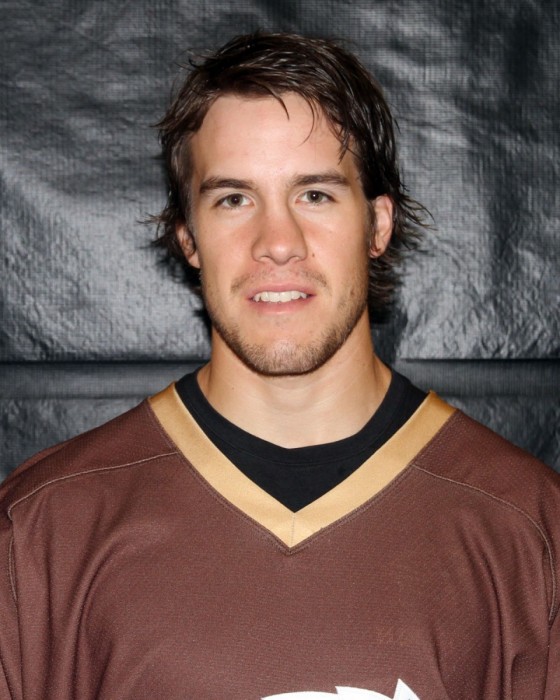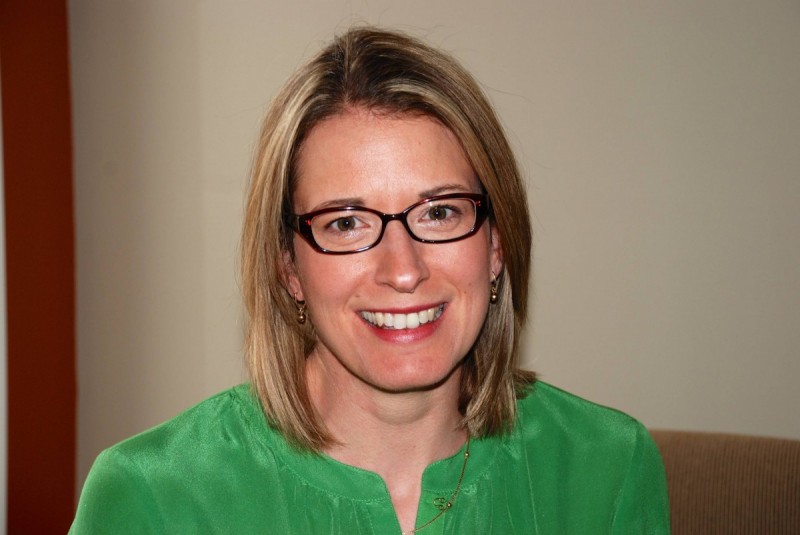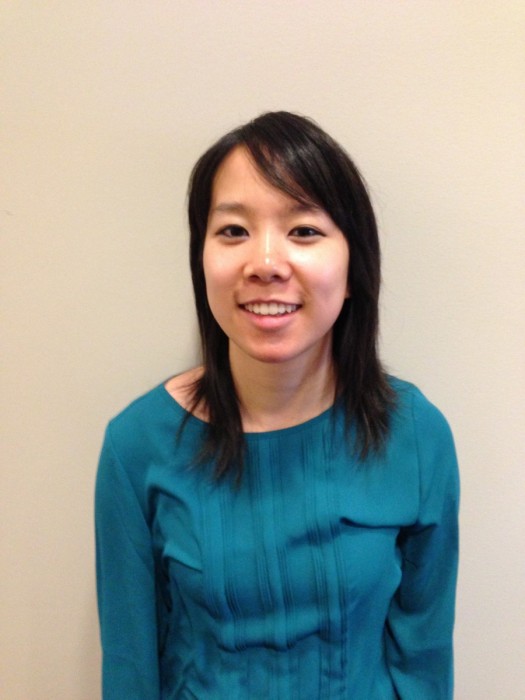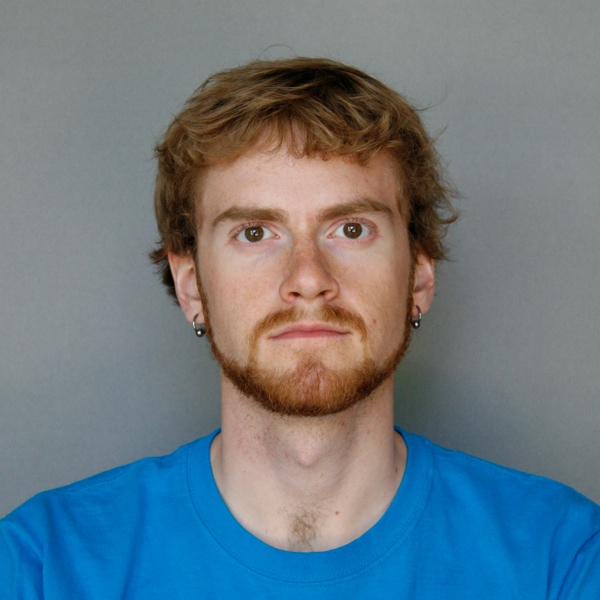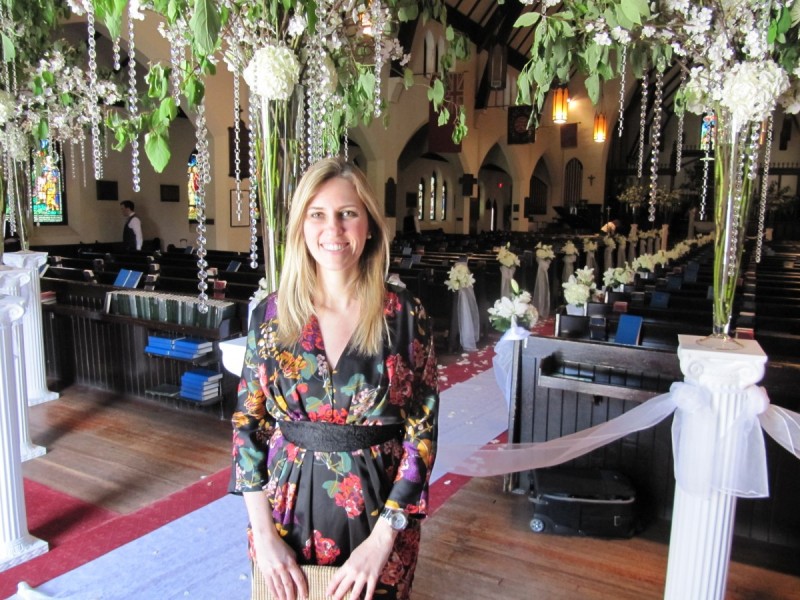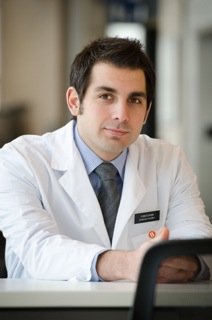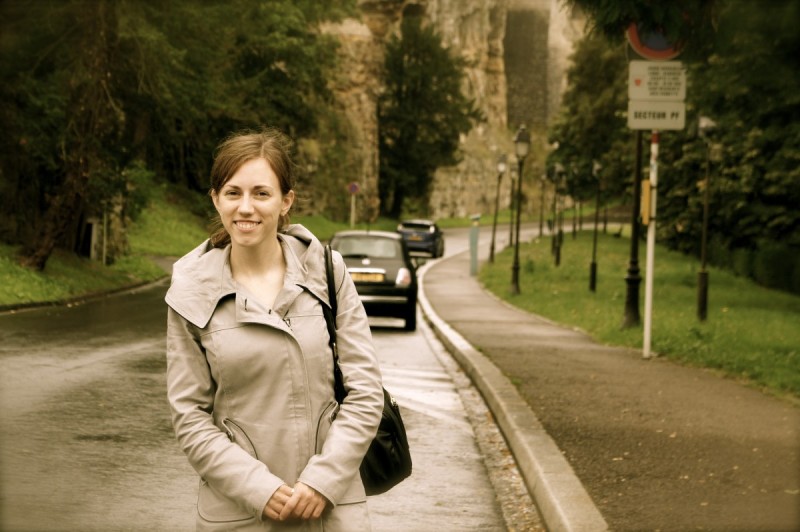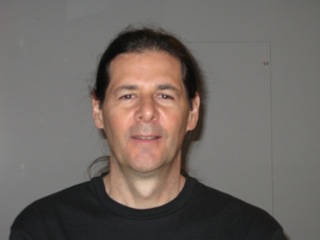Graduating students look to the future with confidence, skills and knowledge
Mariianne Mays Wiebe
Those students donning their caps and gowns for this year’s convocation are also giving thought to where they’re heading.
From the Asper School of Business to the Faculty of Medicine to Engineering, students find very particular benefits in their programs here, and The Bulletin asked several graduands for highlights from their time at the university and about how the U of M has prepared them for what’s next.
Passion and pragmatism
Matt Lowry attended U of M for two reasons, both related to his passions: One was the highly recommended agriculture program, and the other was the Bisons hockey team. Playing for the Bisons was a bonus, and the team took first in regular season play last year.
Winters are dedicated to hockey, and he will persist with his pro hockey career in the states. With his love for farming, he’s been working with his father on the family farm and will continue his research as well, managing trial plots and utilizing research skills that he sees as stepping stones to further opportunities. Because of the high calibre of the professors and the program at the U of M, he says, he’s entering the workplace with “a good balance between the necessary information and hands-on, practical experience.”
Determination and support
For Cynthia Nazar, making it through her law degree at the Faculty of Law meant more than simply attending class and applying herself. Partway through her program, she was told by her doctor that she needed a new kidney. The former teacher is now articling with the provincial education department, a position that draws on her strengths and experience.
Due to her health issues, Nazar was forced to attend part-time and to stretch out her program. She appreciates the positive support of the faculty and the dean, without whom, she said, she may not have continued her program. Now elated she did, Nazar feels “such a sense of accomplishment” at having completed.
Community = opportunity
With two parents with computer science degrees, Andrea Chan had an inkling of how her career might go. What she didn’t foresee, however, was a co-op program in the U of M’s computer science department that would not only supply her with the skills and experience she needed to succeed, but would also land her a position right out of the program. Now working in Ottawa at IBM, where she served her final co-op term, Chan, who finished her degree in December 2012, says that the co-op experience was unbeatable because it allowed her to envision her career.
Chan says that the co-op program instills confidence in students. Having also spent two years at UBC, she notes that the U of M program is large enough for networking, and “small enough to build your own community.”
Collaboration, learning and excellence
Zachary Klippenstein is another student graduating with a Bachelor of Computer Science (Honours) with Co-op Option. One highlight he describes from the program is the ACM International Collegiate Programming Contest each year. “Students compete in teams of three, solving as many problems from a set as they can in a four hour period,” he says. “Comparing notes over pizza afterwards was always interesting, and I probably learnt as much about algorithm design preparing for those contests as in any course.” Klippenstein will travel to Seattle this summer to begin a full-time job, an opportunity that arose through the co-op program.
He has only good things to say about the computer science program and the co-op experience: “Our computer science co-op is excellent, and defined my university experience. Classroom learning is great, but seeing how it applies to the real world in multiple environments has taught me more than I could have ever learnt through lectures and isolated projects alone.”
International intrigue
With an undergraduate degree in architecture and urbanism, international student from Brazil Adriana Fritsch spent seven years working on the real estate market as a developer. It was an environment that made her realize that she “needed more business administration skills,” she says, and so she started to look into MBA programs.
Now graduating with a master of business administration, Fritsch chose Canada because “it is the only country in the world which provides the opportunity to gain a work permit after my studies. I was looking for a new experience as a student and after as a professional.”
She hasn’t regretted it. Says Fritsch, “I believe that the quality of education in Canada is very good. I did some research and I found that Asper [School of Business] was among top 10 MBAs.”
Critical thinking, respect and dignity
Graduating from the Faculty of Pharmacy, Christopher Dupont says that the knowledge, passion and commitment that have been shared with students by instructors within the faculty, “have transformed me into the confident young pharmacist that I am today.” Dupont will be working in the Children’s Hospital Pharmacy (CK4) at the Health Sciences Centre.
What does he take with him from his experience at U of M? Besides knowledge, he says, “I have learned the value of critical thinking and how to make clinical decisions on cases that are not always black and white.
“I understand the value and importance of treating every human being with dignity and respect, and I look forward to the opportunities in which I can help patients to make informed decisions, and the joy of helping improve someone’s quality of life,” he says.
Overcoming barriers, with support from others
Megan Jack is the Faculty of Medicine’s first deaf graduate, and she has an inspiring story to tell. Coming into the faculty, she expected some barriers. Specifically, she says, she expected she “would be busy assuring other people — doctors and patients — about my competence. Thankfully, that wasn’t the case at all.
“The Faculty and Student Accessibility Services really dove into supporting my education and creating awareness, so that by the time I was encountering other doctors and staff, the awareness was already there,” she says. “Patients didn’t have that luxury, however they were all so accepting of my presence (and of the interpreters) that it wasn’t even needed!”
Jack will continue in the Urban Family Medicine residency program at U of M over the next two years.
Heart and soul
As an older student who returned to school, Gerald Fournier has a lot of history behind him. In fact, he entered the Faculty of Social Work’s Inner City Social Work program after working as a professional truck driver for 28 years. The highlight for the Metis student? “Studying Aboriginal history and getting a different perspective on social justice for the individual and for groups; hearing the Aboriginal side of the story.”
For Fournier, social justice is central, and he has also enjoyed reclaiming his artistic gifts, which he had the opportunity to reclaim through his program, presenting music as an alternative to a final paper in one of his courses. The arts are a means of bringing self-healing and healing to others, he says. “Music connects to the soul and connects us to our sense of well-being.”
He adds that without the benefit of the access program through Inner City Social Work, it wouldn’t have been possible for him to attend university — and with the foundation he’s gained from his degree, he intends to go on to graduate studies. “It’s opened doors, and has given me opportunities to do what I’m passionate about,” he says.
This article first appeared in the May 23, 2013 edition of The Bulletin.







